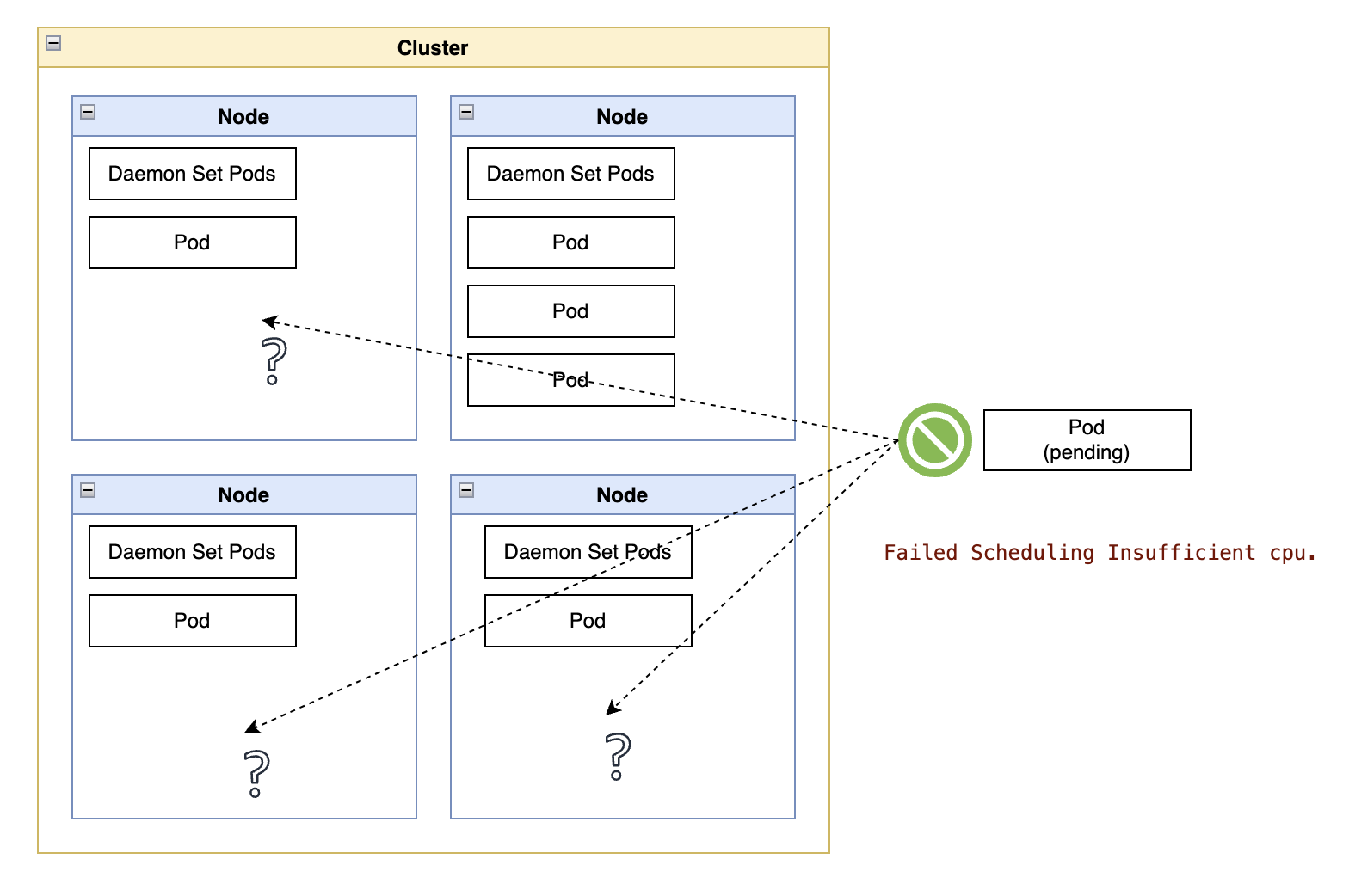Building Applications with OCP BuildConfig
I often see OpenShift Container Platform described as a Kubernetes distribution.
There are significant additions in OCP relative to the open-source distribution of Kubernetes. Still, one of my favorite features is development experience, where OpenShift offers an entire range of CI/CD technologies.
An often overlooked feature in that CI/CD toolbelt, outside staples like Jenkins, Tekton, and ArgoCD, is the proprietary BuildConfig custom resource.
This is my favorite shortcut whenever someone hands me a Git repo with a Dockerfile for a development driver before they get the chance to publish the container image to an accessible image registry:
---
kind: Secret
apiVersion: v1
metadata:
name: git-repo-secret
namespace: development
stringData:
username: x-oauth-basic
password: ....
type: kubernetes.io/basic-auth
---
kind: BuildConfig
apiVersion: build.openshift.io/v1
metadata:
name: my-docker-build
namespace: development
spec:
source:
type: Git
git:
uri: 'https://github.com/nastacio/myrepo'
ref: some-pr-branch
contextDir: myapp-folder
sourceSecret:
name: git-repo-secret
strategy:
type: Docker
dockerStrategy:
env:
- name: EXAMPLE
value: sample-app
output:
to:
kind: DockerImage
name: >-
image-registry.openshift-image-registry.svc:5000/development/my-image:latest
This resource tells OpenShift to:
- Clone the
some-pr-branchbranch of the https://github.com/nastacio/myrepo repository. - Build a container image named
my-imageusing the Dockerfile in themyapp-folderfolder. - Push the resulting image to the internal OCP registry, allowing one to reference the image
my-imagein pods running in thedevelopmentnamespace.
You also get a lot of other free goodies, like a secure webhook URL to add to the GitHub project to trigger automatic builds, UI-based access to build progress, observability, Kubernetes metrics, and much more.
For an actual production project, I would prefer something with broader adoption and more extension points, like GitHub actions or Tekton (extended as OpenShift Pipelines in OCP.) Still, a BuildConfig is hard to beat for this simple localized use case.
Going beyond simple container builds, there is also the (almost magical) oc new-app ... CLI invocation, which creates not only the BuildConfig custom resource, but also a DeploymentConfig resource that deploys an application referencing the resulting image.
Once it all comes together, it is hard to go back to juggling docker build ... and docker push ... again.



